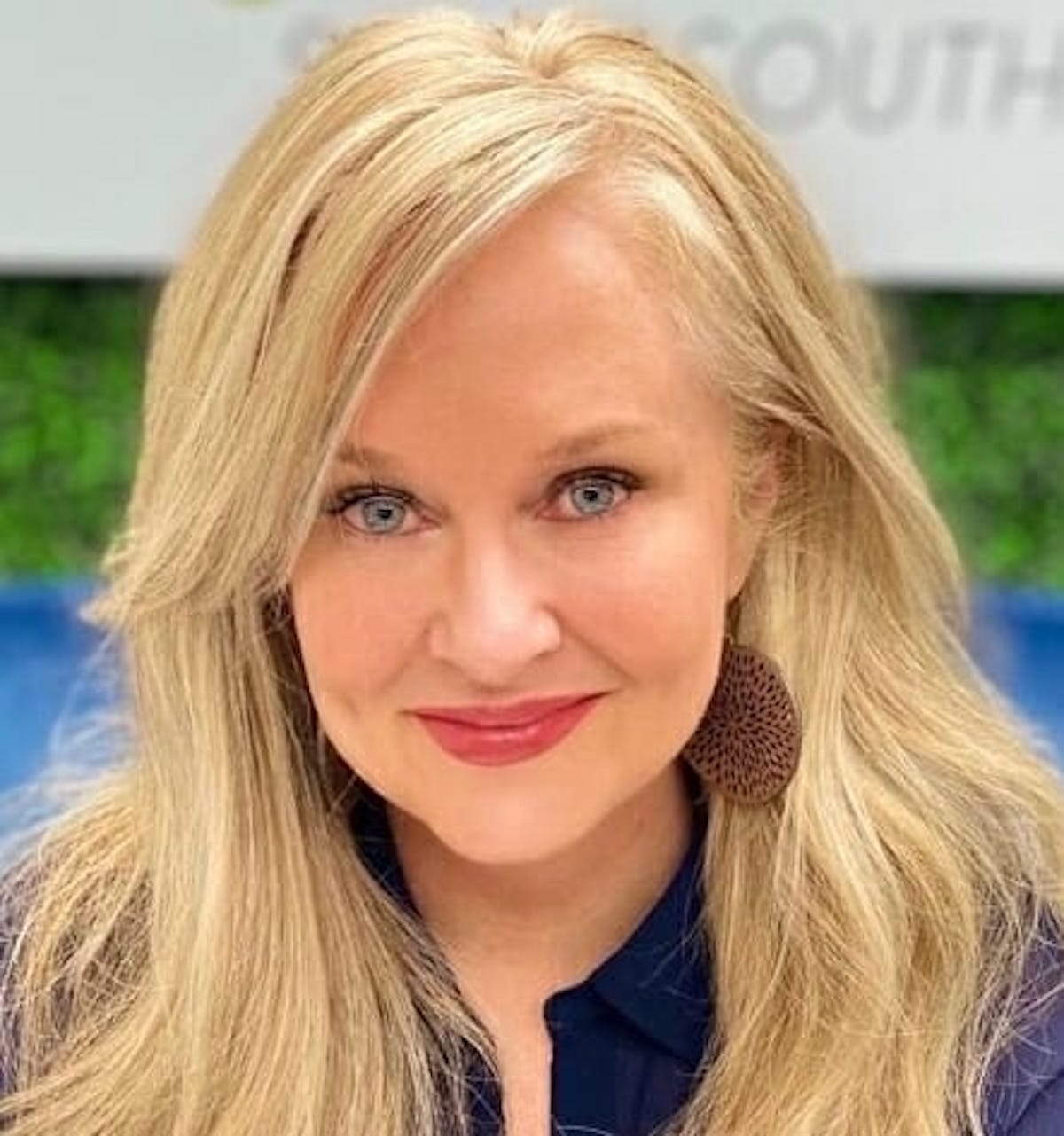By Terry Manning
I miss hip-hop’s sillier seasons.
I don’t mean like now, when the genre is celebrating its 50th year by being unserious and frustratingly repetitive. Really, how many rappers are out there right now named “Lil” something? So many that I when I challenged a young friend to name his favorite song by Lil Scrappy Dum-Dum, he didn’t know I was ribbing him by using the made-up name of a nonexistent rapper.
And I am not referring to this fake “feminist” wave of new girl rappers (they don’t deserve to be called women) who are finding commercial success saying the same oversexed misogynistic nonsense male rappers used to be taken to task for saying. These new girl rappers focus more on hair colors, barely-there outfits, and catchphrases than lyrics, breath control, and having something worth saying.
No, I’m talking about the time in hip-hop’s adolescence when listening meant a healthy mix of party anthems, Black consciousness, and novelty records. This was a time when you could hear Kurtis Blow’s “The Breaks” followed by Grandmaster Flash and the Furious Five’s “White Lines” (an anti-drug message you could dance to) followed by Run-DMC’s “Hard Times” followed by … Bobby Jimmy and the Critters’ “Roaches”?
No one will defend the worst rap novelty record, Rappin’ Duke’s self-titled single, which was a spoof of the legendary actor John Wayne. That song is bad. Like, really bad. It’s rap’s “Disco Duck,” if you will. (If you’re younger and have never heard of “Disco Duck,” there’s a reason for that.)
For me, the greatest purveyors of what some put off as novelty rap were The Fat Boys. Even more egregious to me than the oversight of music from the No Limit roster of artists and the erasure of M.C. Hammer is the conspicuous absence of The Fat Boys’ biggest hits in this year when we are celebrating hip-hop’s golden anniversary.
Originally known as The Disco 3, the group comprising Prince Markie Dee (Mark Morales), Kool Rock-Ski (Damon Wimbley), and Buff Love (Darren Robinson, a.k.a. The Human Beat Box), released their first album in 1984.
To my mind, their debut is a quintessential hip-hop album of the era, with stark production, heavy reverb, and 808 drum machine sounds overlaid with synthesized keyboard flourishes. Mind you, 1984 also saw the release of classic albums from Run-DMC (“Run-DMC”), Whodini (“Escape”), and The Egyptian Lover’s “On the Nile, along with early blockbuster singles like Newcleus’ “Jam On It”, The Egyptian Lover’s “And My Beat Goes Boom” and Kurtis Blow’s “Basketball.”
If you go back and listen to them now, you’ll have two reactions; first, you’ll be surprised how well all these stand up and, second, unless they’ve been remastered you will be amazed at how thin the bass sounds. For sure, the speakers we listened to the music on back then were bigger. What now compares to being in a cousin’s bedroom or buddy’s dorm room listening to big beats on a Pioneer or Technics rack system with oversized Kenwood or Cerwin-Vega speakers?
But the Fat Boys’ album offered something else: the recording debut of a sound known as beatboxing: percussive sounds made by blowing air through pursed lips, with high-hat noises involving the teeth and tongue accompanied imitations of telephones, barking dogs, and anything else the song needed.
Where Doug E. Fresh, the self-styled “World’s Greatest Entertainer,” and others made their fortunes emulating drum machines, the Human Beat Box always sounded distinctly human.
The overweight M.C.’s were large and in charge on their debut, showing surprising vocal dexterity as they alternated between lamenting going to jail for breaking into a pizza shop to get a midnight snack (“Jail House Rap”); asking kindness from a love interest (“Don’t You Dog Me”); and bragging about being the best M.C.’s (every other track).
Their vocal acumen was matched by stellar production and musicianship like that on “Jail House Rap,” where an extended solo by pianist Don Blackman stands unchallenged in the genre.
The Fat Boys went on to release four gold albums (one platinum); performed in three feature films; cut one of the first commercial deals for rap performers with Swatch watches; appeared on Miami Vice; and reached the Billboard Top 10 with 1987’s “Wipeout,” a duet with the Beach Boys. Can you get more crosser than that?
The Fat Boys rapped they could “never be wack,” but their exclusion from hip-hop’s celebratory year is wack indeed.
Terry E. Manning is a Clemson graduate and worked for 20 years as a journalist. He can be reached at teemanning@gmail.com.







